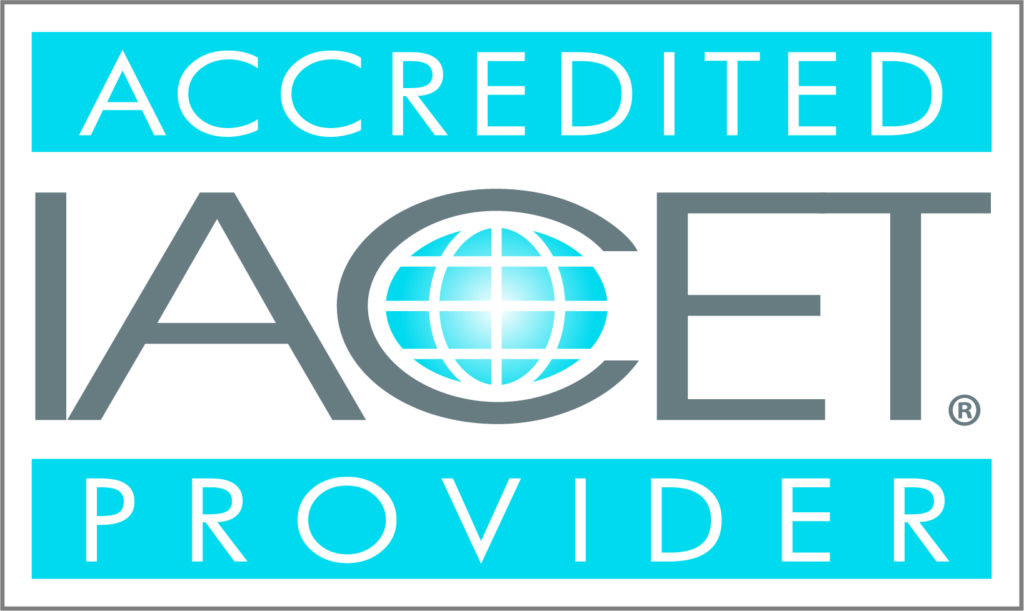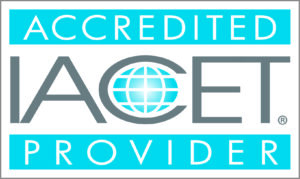
Oceantic Network is committed to delivering public service and outreach to people in the United States as well as globally.
Public education and outreach are the deliberate efforts of institutions to share its resources and expertise with the general population, business and industry, associations, governmental groups, and other entities for the purpose of enhancing the intellectual capital of all those in need of development and lifelong learning.
Together, we have the power to educate, connect, and unlock opportunity for all—because information is more powerful when it’s shared.
Oceantic Network is IACET-accredited. View our accreditation certificate and our accredited provider overview.

